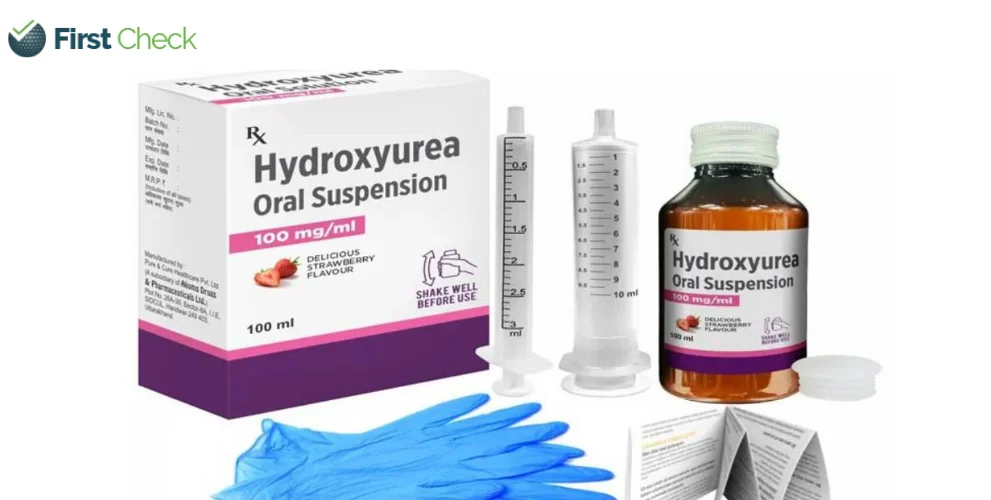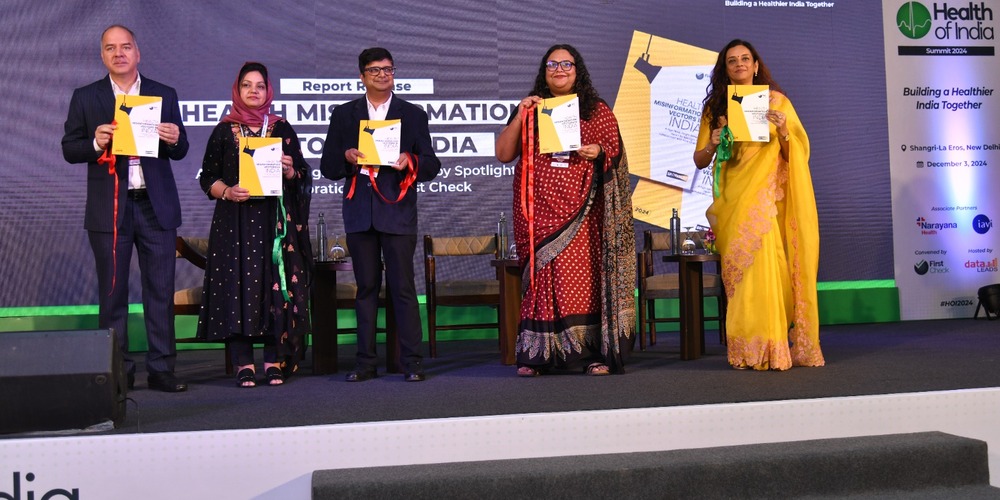India gets first indigenous hydroxyurea oral suspension for SCD treatment
Author
Author
- admin / 2 years

- 0
- 2 min read

Author
The country ranks second worldwide in sickle cell disease incidence, with 102,021 reported cases, particularly among certain tribal populations.
Recently, India got its first indigenous hydroxyurea oral suspension for the treatment of sickle cell disease (SCD), a genetic blood disorder. Akums Drugs and Pharmaceuticals Limited is expected to manufacture the drug at one per cent of the current global price.
SCD is characterised by abnormal haemoglobin, the protein in red blood cells that carries oxygen. The haemoglobin forms stiff, sickle-shaped cells that can stick together and block blood flow, leading to chronic pain, organ damage, anaemia, susceptibility to infections and other complications, in patients, including young children.
India ranks second worldwide in SCD incidence. A total of 102,021 cases have been reported in the country, as per latest available data. SCD is particularly prevalent among certain tribal populations, such as the Bhil, Gond, and Kol tribes, primarily in states like Madhya Pradesh, Chhattisgarh, Maharashtra, and Odisha.
Hydroxyurea oral suspension presents an important breakthrough in the field of haematology, which is the study of disorders and diseases related to blood and blood-forming tissues, for two key reasons. First is the cost factor. Globally, the drugs available for SCD are unaffordable for the average individual.
Second, the drugs were hitherto only available as either capsule or solution. While the capsules cannot be calibrated according to dosage for a specific patient, the solution needs to be stored at lower temperatures (2-8 degree Celsius) at all times, causing transportation and storage challenges. Hydroxyurea oral suspension, stable at room temperature, presents the perfect solution, accessible and affordable for all SCD patients.
The Government of India had launched the National Sickle Cell Anaemia Elimination Mission in July 2023 to eradicate SCD by 2047. The mission is to enable access to affordable and quality healthcare to all patients, and to lower the prevalence through awareness and screening interventions.
Read More : Fact-check: The link between paracetamol and liver toxicity










